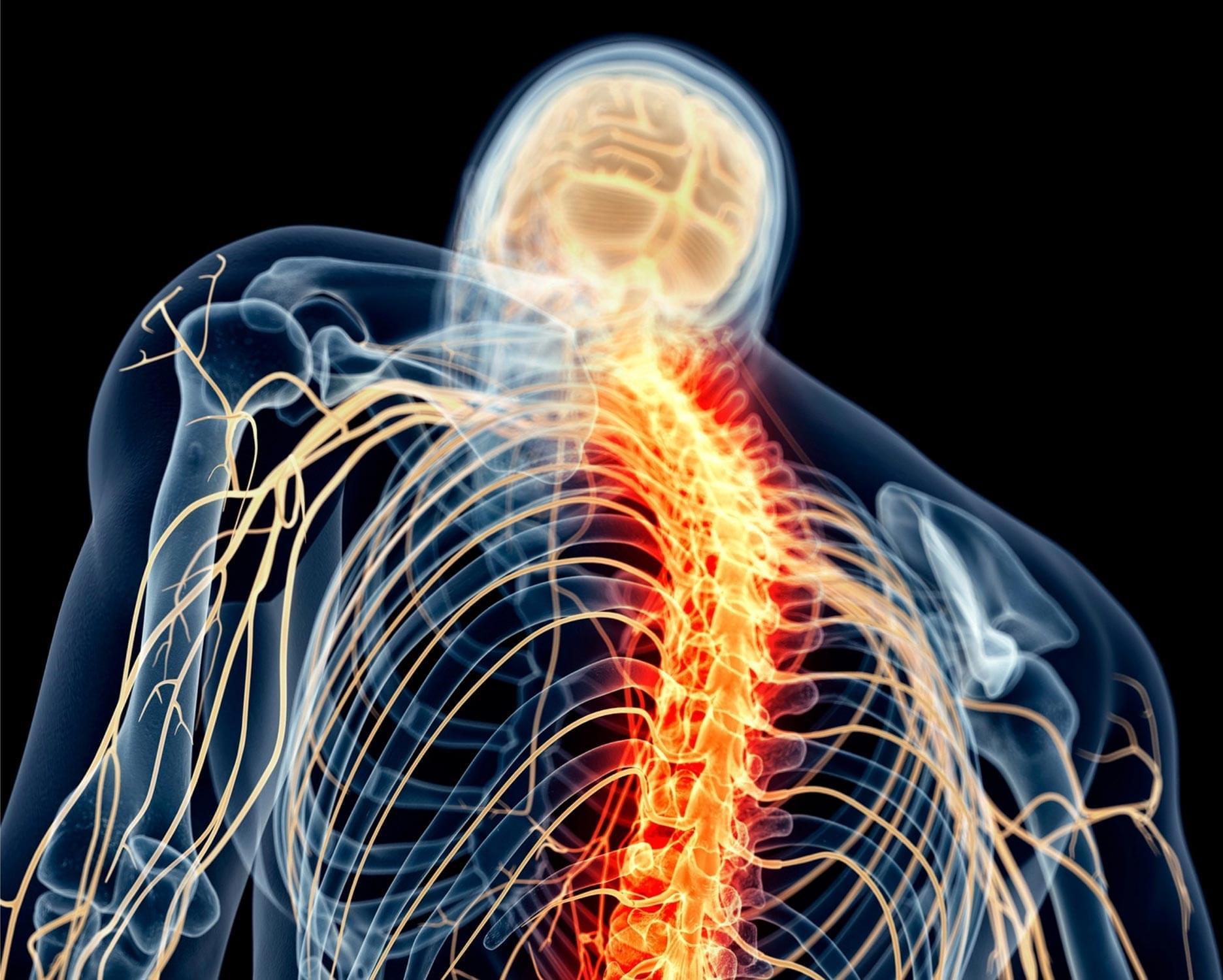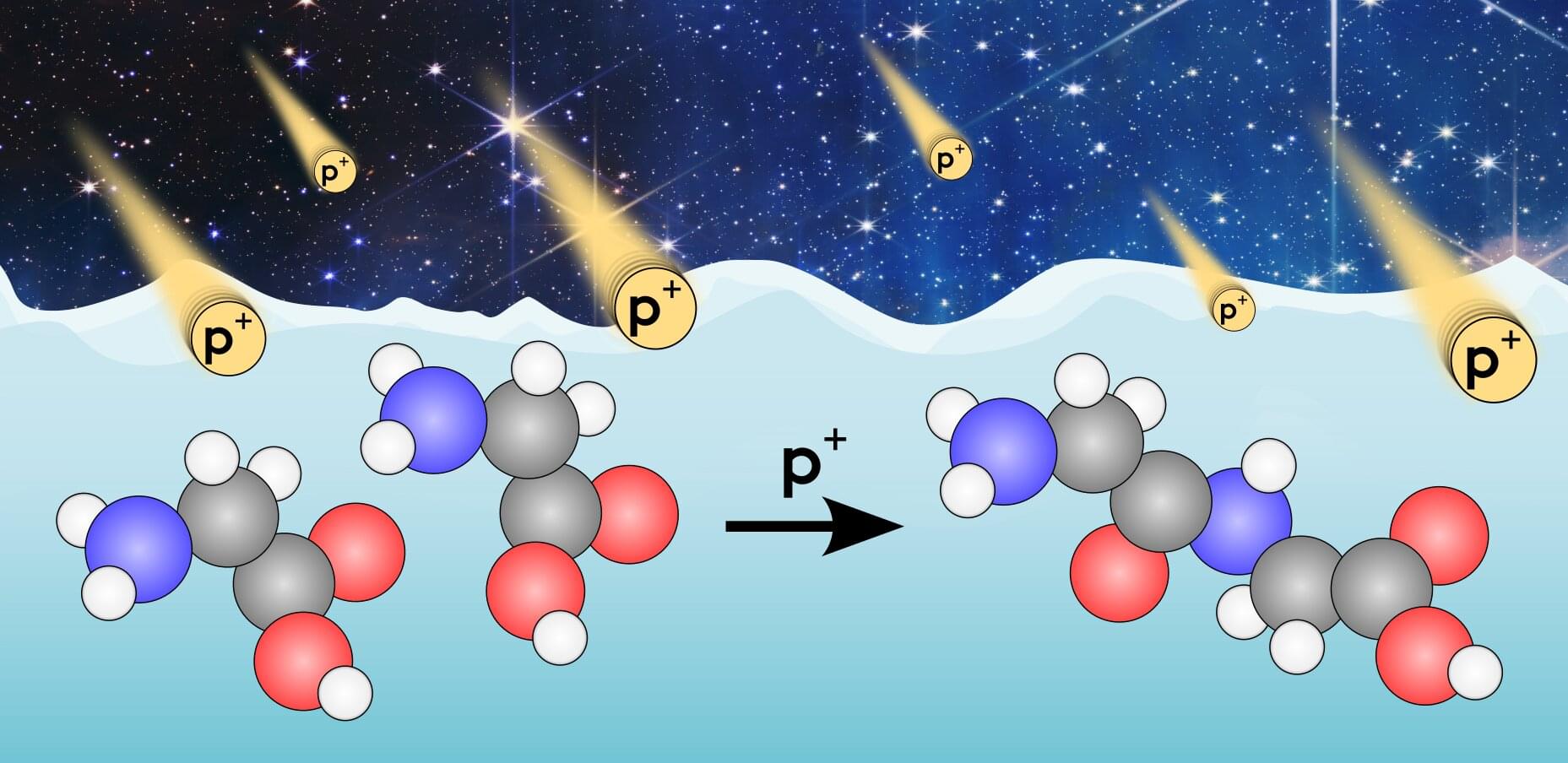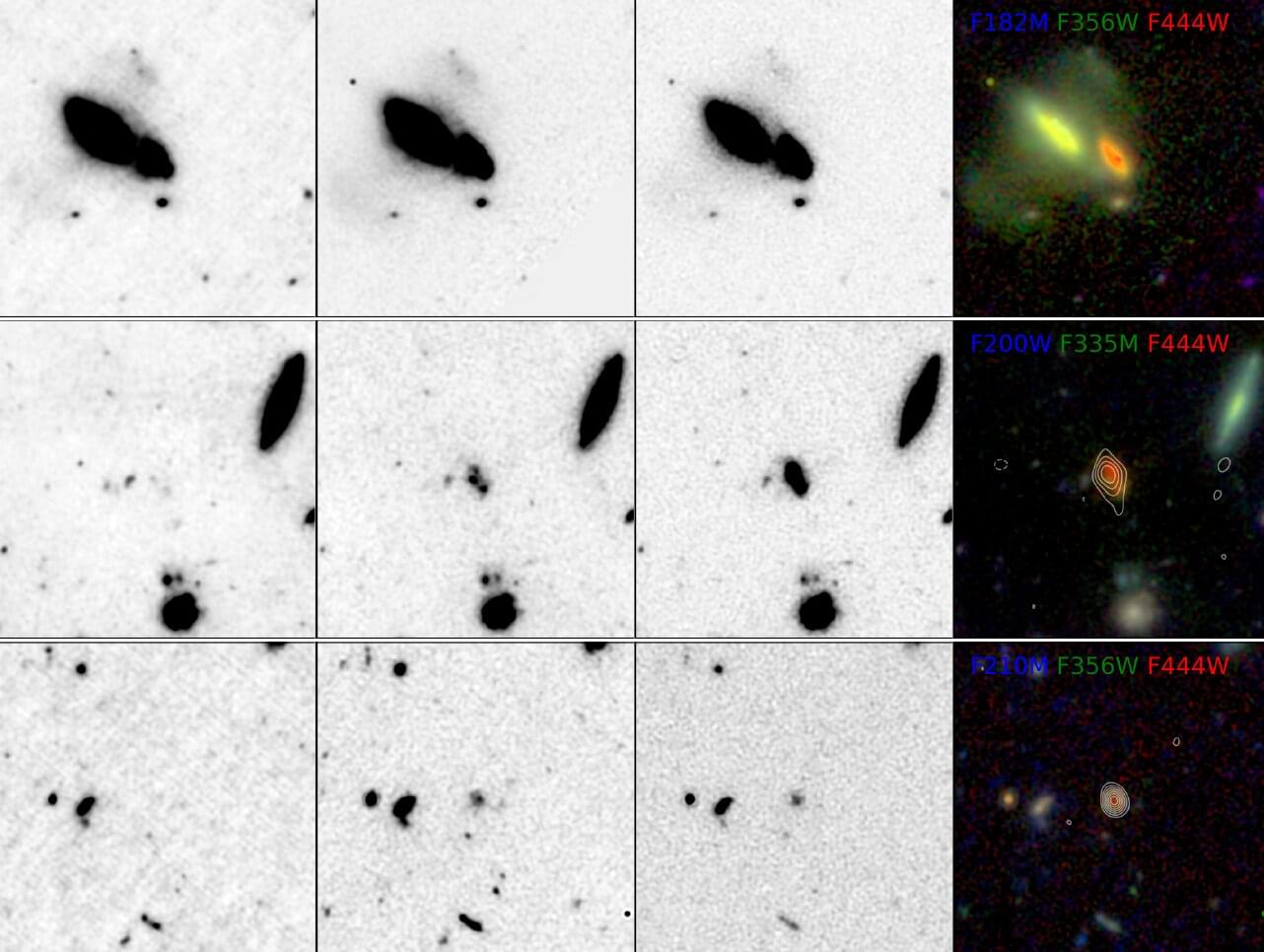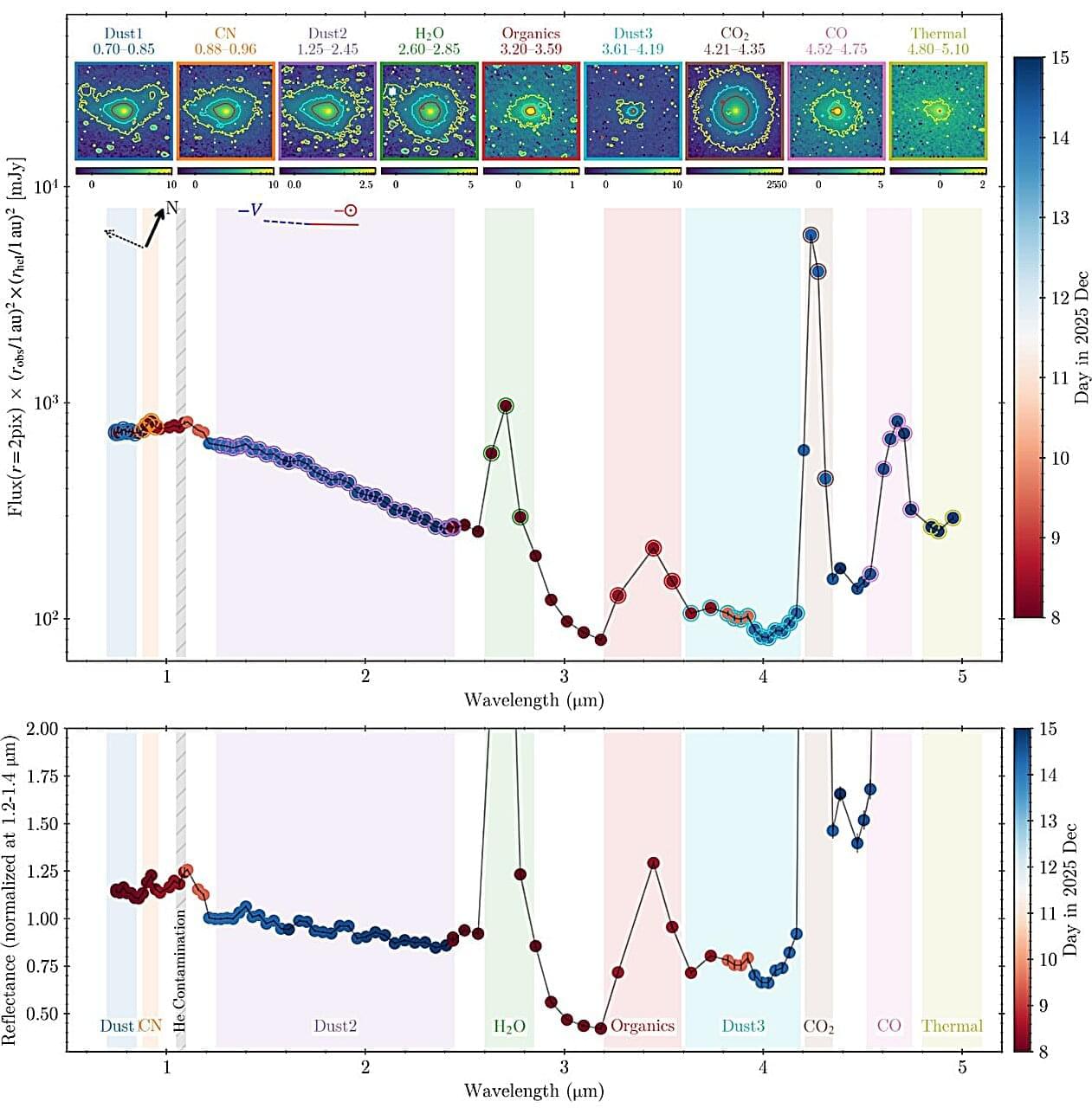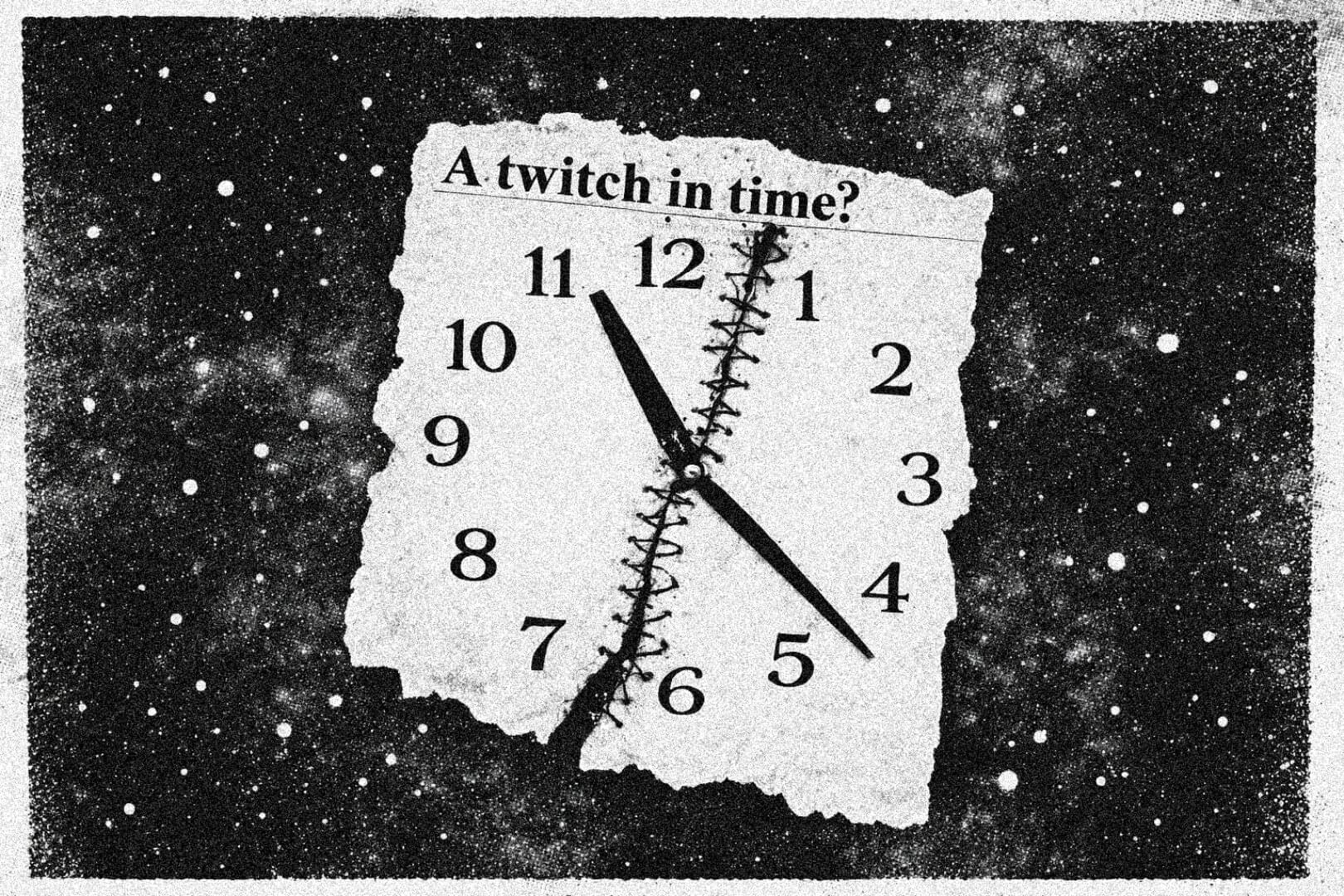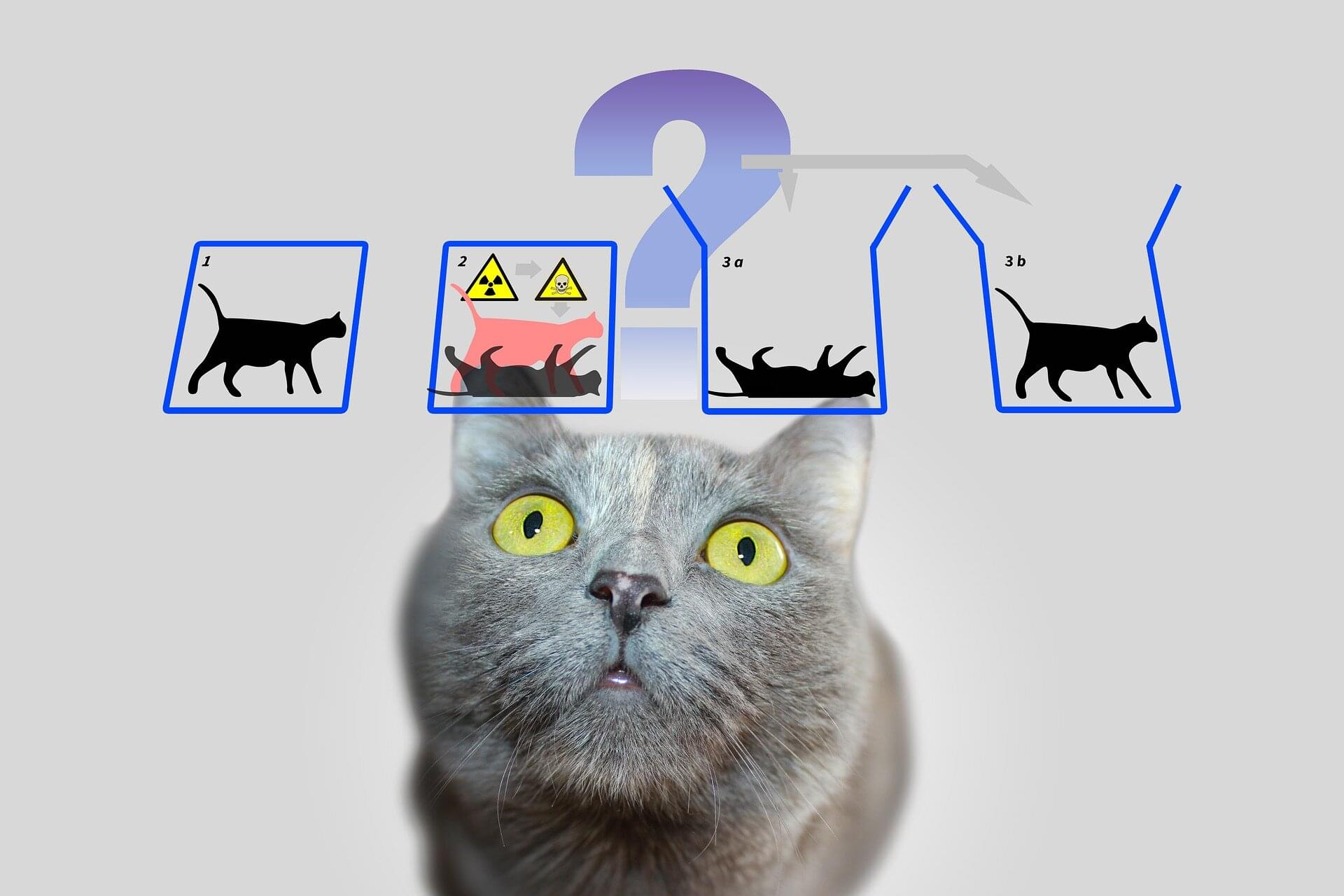Tesla is ending the one-time purchase option for Full Self-Driving (FSD) and shifting to a monthly subscription model, likely to recapture the value of the technology as it advances towards full autonomy and potential expansion into a robo-taxi fleet ##
## Questions to inspire discussion.
Investment Signal.
🎯 Q: Why is Tesla ending FSD one-time purchases after February 14?
A: Tesla is stopping FSD sales because autonomy is approaching a major inflection point where value will step-change when drivers are out of the loop, and Tesla wants to avoid locking in one-time payments at legacy prices before entering the real robo-taxi world.
Revenue Model Transformation.
